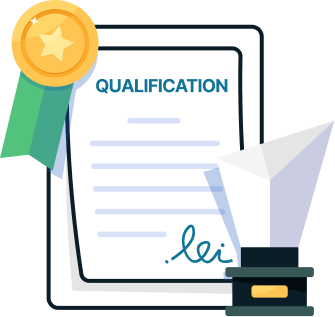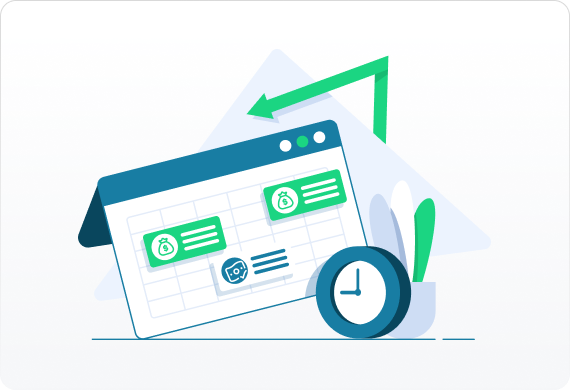Starting a new business is an exciting and nerve-wracking time. There are many things to consider, from the product you will sell to renting a storefront. Obtaining capital to fund your new business venture soon becomes a priority for many small business owners. If you have begun the search for startup business loans, you may be hoping that it will be easy to get funding, even with bad credit. While many lenders claim to offer startup loans, this is not entirely true.
Many of the types of loans they offer are only truly available if you are already in business or otherwise it will have to be a personal loan. The business loans often require that your business already has revenues and cash flow. Many lenders drive you to their website by claiming to offer startup loans but then suggest other options instead. Alternative lenders can be a great resource for bad credit business funding but they require that you are generating revenue. Overall it is very difficult to obtain a business loan if you are not already in business but there are some options worth exploring if you are determined to launch your company.






